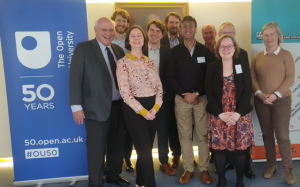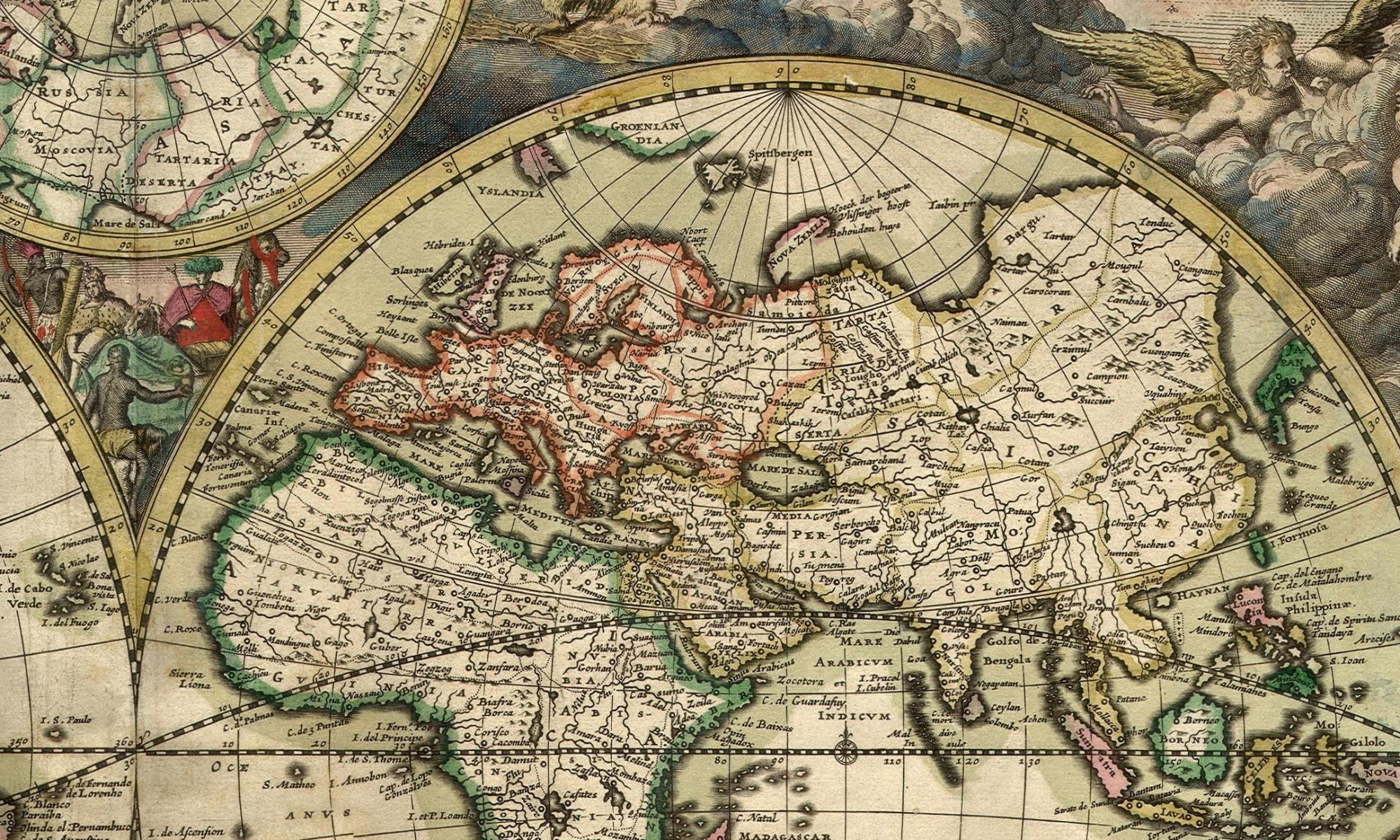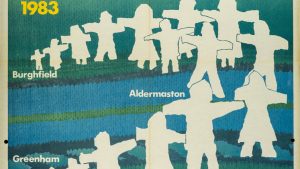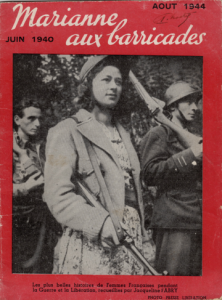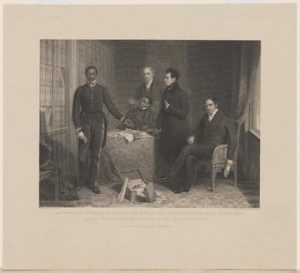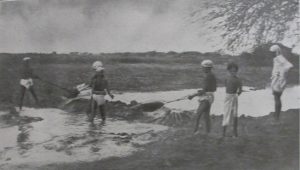This Symposium sponsored by the Royal Historical Society reflected on how the war was commemorated in a range of different countries between 2013 and 2019. The centenary of the signing of most of the peace treaties related to the conflict in 2019 is an excellent vantage point to reflect on six years of commemoration and ask a number of important questions. How did different countries seek to commemorate the war? How did such commemoration differ, and why? Why did the origins of the war become a controversial topic once more? How did the centenary play out in countries that entered the war much later than others, and countries that were colonies during the wartime period? How did the war’s different end-points play out for national commemorations? How were the different national memories of the experience of the war reflected in planned and actual commemorative events? And, most importantly, what do we know now that we did not know before the centenary, and how might this affect the future trajectory of First World War studies? The Symposium addressed these questions, in particular examining what is different after six years of commemoration, debate, and publishing on the First World War on the occasion of the centenary. The symposium highlighted that the war was experienced differently, and is therefore remembered differently, by the various combatant nations and empires. Was commemoration perhaps less contentious in nations which had been on the winning side than among the losers of the war? We were treated to an excellent and thought-provoking keynote lecture from Professor Jay Winter, seven excellent papers and a roundtable discussion, as well as great contributions from our audience both in Milton Keynes and online.
Programme
10.00 – 10.15 Tea and Coffee
10.15 – 10.30 Welcome from Professor Annika Mombauer and Professor John Wolffe (The Open University)
10.30 – 11.30 Keynote Lecture
Professor Jay Winter (Yale University): ‘The Centenary of the Great War: Unfinished Business’
11.30 – 13.00 Panel 1: Europe
Dr Helen McCartney (King’s College London): ‘Commemoration of the First World War in Britain 2014-2018’
Dr Alison Carrol (Brunel University): ‘Local and National Commemorations of the First World War in France’
Professor Annika Mombauer (Open University): ‘2014: Germany remembers the First World War’
13.00 – 14.00 Lunch
14.00 – 15.30 Panel 2: Africa and Asia
Dr John Slight (The Open University): ‘Commemorating the war in the Middle East during a time of turbulence’
Professor Santanu Das (Oxford University): ‘Centennial Commemoration in an age of Multiculturalism: The Case of South Asia’
Dr Anne Samson (Independent Scholar): ‘Who in Africa remembered? Who remembered Africa?’
15.30 –16.00 Tea and coffee break
16.00 – 16.30 ‘Commemoration in the Museum Sector’, Laura Clouting (Imperial War Museum)
16.30 – 17.30 Roundtable discussion
